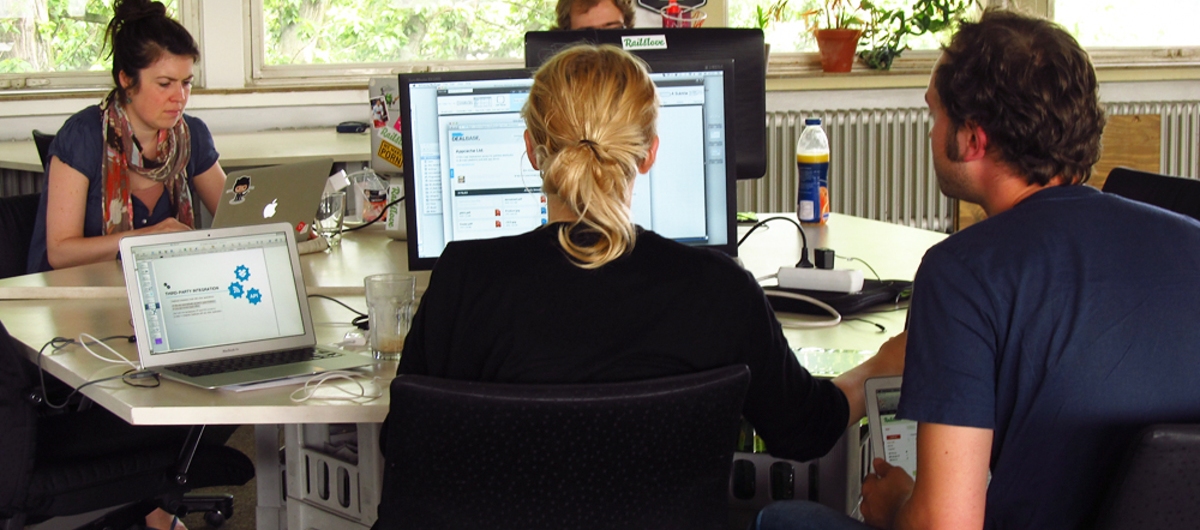Five reasons why the growth of coworking spaces is based on organic and sustainable growth:
1. Coworking spaces invest their own money and create real wealth
Already, there is a convincing argument supporting why coworking spaces are not developing in a bubble: the fact that they create real wealth.
Whether referring to the dotcom bubble a decade ago or the real estate crisis in Spain or the United States, the crisis originated in a glut of cheap money, in an environment in which the sender and the recipient were unacquainted. From funds and banks, money flowed in steady streams to investments which offered little resistance and the most promising returns - which only a little while later turned into delusions and ruined investments.
Redistributed risks create illusions. Those people who distributed the money rarely wore the risk of investment decisions. The risk was mainly taken by small shareholders or people who bought parts of those investments. This was because either both parties’ (better) judgement was drowned out by the noise of the market, or because shareholders were unaware of the risk, and were at the mercy of banks and funds for reliable information.
Another fundamental condition for the creation of bubbles are the sheer amounts of money that flow from various locations globally and are concentrated, by comparison, in much fewer places.
Most coworking spaces, however, receive their funding from local or nearby sources and do not operate within this financial system. In fact, the founders mainly inject the bulk of the required investment, and turn to friends or relatives for additional support. They wear the full brunt of the risks that are involved in small-time investment.
They have access to much more information, because it is their own project, rather than a foreign one thousands of miles away. This also includes failures and mistakes that are encountered along the way, but the risk is less redistributed, thereby decreasing the probability of failures.
2. Labor market changes demand on certain office types lastingly
Most users of coworking spaces are self-employed. The proportion of employees is also on the rise, in many cases simply because they work for small companies that increasingly opt to conduct their business in coworking spaces rather than in traditional offices. The industry of almost all coworkers fall within the Internet-based creative industries.
With flexibilisation of work markets, new mobile technologies that are changing work patterns, and the increase of external services purchasing from large and medium-sized enterprises (outsourcing), the labor market has changed radically in many parts of the world.
The long-term financial and emotional security of becoming an employee no longer exists, especially for younger generations of workers. Bigger companies are quicker to fire than hire, and precarious short-term contracts are on the rise. Promising options on the labor market are more often recuded to freelancer careers and starting your own company.
And that's possible with less money to invest. All you need is a laptop, a brain and a good network. For years, the number of independent workers and small businesses has been growing worldwide - particularly in internet-based creative industries. Anyone who has sufficient specialized skills and the willingness to take risks may adapt more quickly to market conditions if they own a small business or are self employed; more so than if they were to work in a dependent position in an equally volatile market.
Coworking spaces provide an environment in which to do this. Once they have joined a (suitable) coworking space, these factors become apparent to coworkers, who will remain in their space for years to come.
Furthermore, independent workers rarely fire themselves in crises, and even small companies are less likely to give their employees the boot - compared to their large counterparts. This combination enables more sustainable business models - and less business models à la Groupon.








